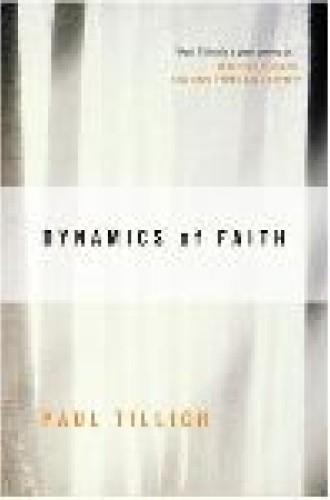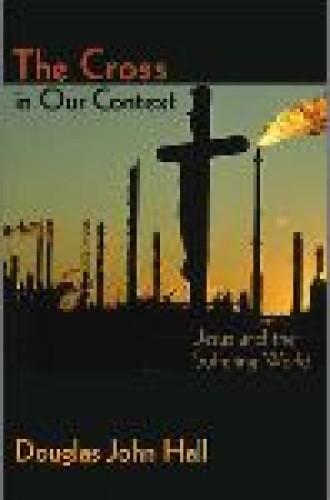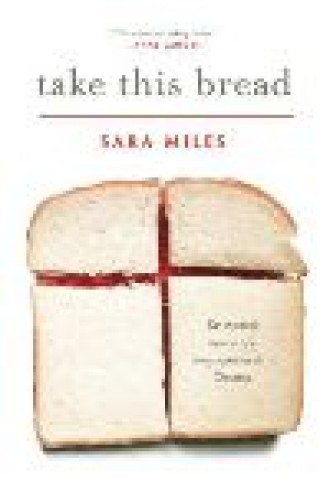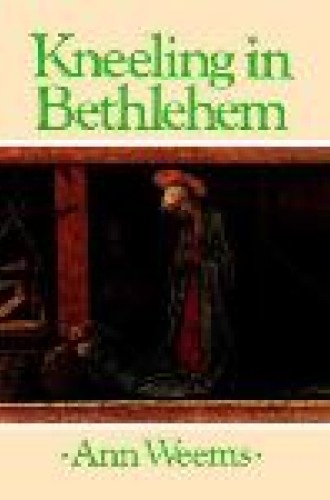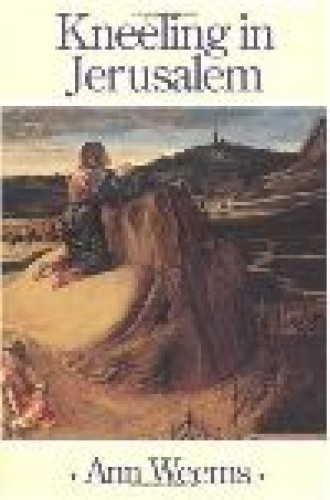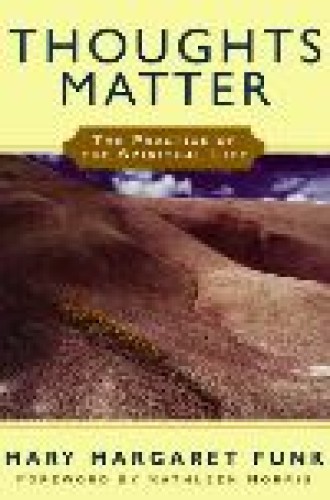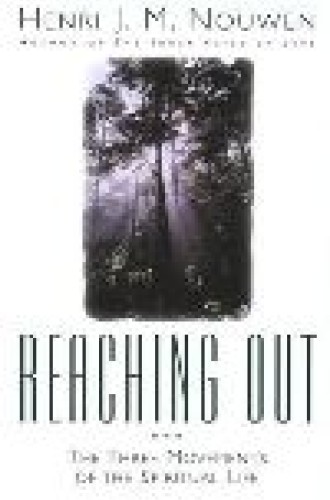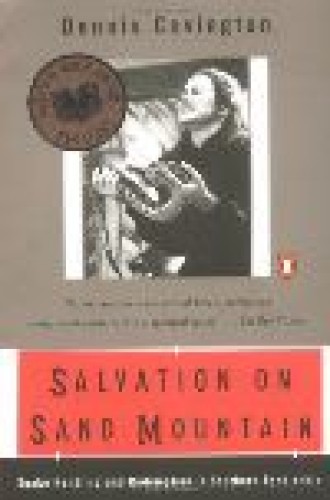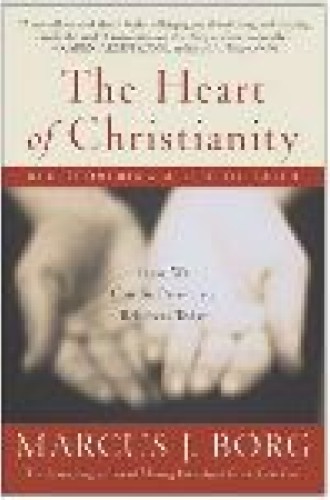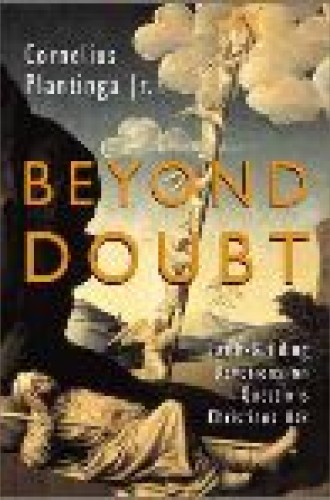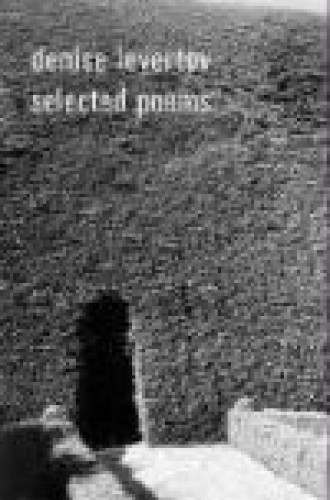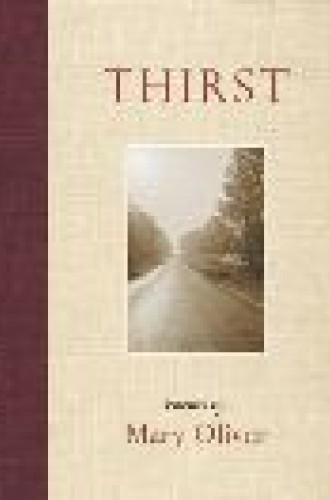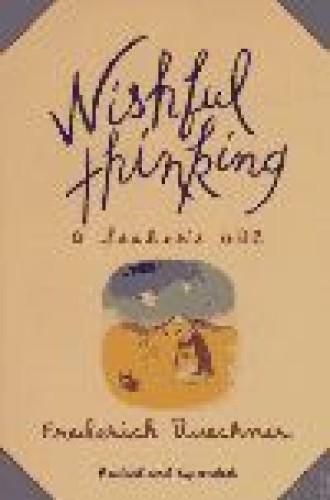Books to start with
What book would you recommend to someone eager to learn more about Christianity, someone who is just coming alive to the faith and to the power of the community of faith—the church—and who is full of questions about these matters?
I would suggest Paul Tillich’s Dynamics of Faith. It packs the same punch as Tillich’s heavier tomes but at a more introductory level. Most college students are troubled by doubts, and for them Dynamics of Faith can be immensely helpful. Tillich shows that doubt is an essential component of genuine faith and makes a convincing case for the importance of the community of faith and for ritual and narrative. Faith cannot remain alive, he insists, without personal participation in the symbols of faith. Without those symbols and the community in which they live, faith would disappear and humanity’s “ultimate concerns would go into hiding.”
—Harvey Cox, author of When Jesus Came to Harvard, who is working on a book on the demise of fundamentalism
It may seem counterintuitive to suggest a magnum opus like Douglas John Hall’s The Cross in Our Context: Jesus and the Suffering World for a person whose faith is just beginning to blossom. Yet unchurched and dechurched people ask questions of substance, and serious seekers desire serious responses. Hall does not shy away from the ambiguity and complexity of questions that often baffle new disciples; nor does he give pat and pious answers. Rather, he escorts the reader on a journey that illuminates a God who comes deeply into the flesh of human experience. Born out of the post-9/11 chaos that insists that religion kills, Hall’s profound exploration of an incarnate God who embraces us especially in our times of suffering offers rich fare for the inquirer. This book has great potential for leading new Christians to the promise of the catechumen’s prayer: “the water of life and the bread and cup of blessing.”
—Paul E. Hoffman, pastor of Phinney Ridge Lutheran Church (ELCA) in Seattle
When she stumbled into St. Gregory’s Church in San Francisco, Sara Miles was inexplicably changed by her experience of God in the Eucharist. Taking seriously the notion that the gifts of God are free not only for her but for everyone, she established a food pantry to feed the hungry around the same altar at which St. Gregory’s feeds her own hunger on Sunday in the Eucharist. Take This Bread: A Radical Conversion is a spiritual memoir of such authentically rough beauty that the reader can’t help but be compelled to seek a faith that can transform an individual, a church and an entire community.
The funky little urban mission church I serve in Denver attracts a lot of folks who aren’t typical churchpeople. One parishioner, Richard, a self-described neo-pagan-Buddhist corporate lawyer recently turned Christian, attributes his relative ease of entering the Christian faith to Sara Miles’s book. “Though Sara has never met me,” Richard says, “the knowledge that I could stand in her food pantry line and walk out with a bag of food, no questions asked, does more for my understanding of the love of Christ than a thousand sermons ever did.”
—Nadia Bolz-Weber, mission developer at House for All Sinners and Saints in Denver and author of Salvation on the Small Screen? 24 Hours of Christian Television
I would recommend two books of poetry by Ann Weems: Kneeling in Bethlehem and Kneeling in Jerusalem. “The way to Jerusalem looks suspiciously like Highway 40, and the pilgrims look suspiciously like you and me,” writes Weems. “Can this hectic highway be the highway to heaven?” Both Jerusalem and Bethlehem are filled with short, proselike poems exquisite in their depth and beauty and masterfully undergirded with compassion and grace. For a Christian new to the faith, Weems’s words convey her understanding of the difficult journey that Christians must travel. She asks the troubling questions, labels our doubts, disturbs our souls and shows us the fragility of human existence and the promises of God. These books are prayers from her soul to ours—words to soothe and words to generate devotion to mission: “And I can pass on to you the love that has been given to me, ignited countless times by others who have knelt in Bethlehem’s light. . . . Perhaps, if you ask, God will give you a star.”
—Melinda Hinners-Waldie, pastor of visitation at Fox Valley Presbyterian Church, Geneva, Illinois
A helpful companion for a new Christian is Thoughts Matter: The Practice of the Spiritual Life, by Mary Margaret Funk, O.S.B. In 144 pages Funk discusses a critical initial phase of the spiritual journey: the ancient practice called “watching of the thoughts.” Focusing on the writings of the third- and fourth-century Desert Fathers and Mothers and some of their famous chroniclers (John Cassian, Evagrius Ponticus), Funk offers an inspirational guide for dealing with eight common thoughts that can spiritually derail us if we allow them to become compulsive and dictatorial: thoughts about food, sex, possessions, anger, depression, spiritual boredom, vainglory and pride. She calls the watching of the thoughts a “second necessary renunciation” for those who are serious about Christianity; the first renunciation involves giving up a former way of life, and the third, letting go of fantasy-generated images of God.
—Paula Huston, who recently published Forgiveness: Following Jesus into Radical Loving
Good theology and healthy religious practices are vital to the faith, but the real work of the Christian life takes place in the inner realm, where God’s Spirit speaks to our spirits and transforms them. Henri J. M. Nouwen taught me this when I first read Reaching Out: The Three Movements of the Spiritual Life at age 19. His patient, distinctive voice—combining deep wisdom and raw vulnerability—opened up the inner layers of spirituality to me in a way that my very good religious training had not. The premise of the book is deceptively simple: the spiritual life in its essence consists of three interrelated movements—from loneliness to solitude, from hostility to hospitality, and from illusion to prayer. Drawing from his experience as a priest and teacher, Nouwen explains these movements with many stories and examples so even beginners can understand. I recently reread the book after almost 25 years and discovered to my astonishment that although I can affirm more experientially the wisdom of Nouwen’s words, I am still very much a beginner on this spiritual path, and perhaps always will be. Nouwen’s voice continues to both challenge and reassure.
—Debra Rienstra, who teaches English at Calvin College and authored So Much More: An Invitation to Christian Spirituality
Unsentimental, meticulously observed and scarily beautiful, Dennis Covington’s Salvation on Sand Mountain: Snake-Handling and Redemption in Southern Appalachia is one of the best pieces of narrative nonfiction I’ve ever read—and it’s also gospel. Covington is the prototypical seeker-who-doesn’t-know-he’s-seeking, and he begins his journey with doubt, secular rationality and a deep distrust of religion. He set off to write about the damaged, crazy, God-besotted Pentecostal snake-handlers of Appalachia, only to find that he’s one of them. As he writes unblinkingly about faith and fear and the wickedness of Christian churches, he discovers his own deepest desires in the midst of his disillusionment. And he tells us, as accurately as is possible for a human, what it’s like when the Spirit comes over you. “Brother,” he says, “this thing is real.”
—Sara Miles, author of Take This Bread: A Radical Conversion and director of St. Gregory’s Food Pantry in San Francisco
If I were limited to recommending one volume, it would be The Heart of Christianity: Rediscovering a Life of Faith, by Marcus Borg, whose writings are consistent, accessible and practical. Borg manages to avoid theological distractions and present essential Christianity: the affirmation of God, the primary revelation of God (the Bible and Jesus), the path of spiritual formation, the Christian community and the edginess of authentic Christianity. Clearly predominant for Borg is the understanding of Christianity as a tradition of practice not predicated on right belief. Throughout the book he presents Christianity as a path, a way of life. This book supports the spiritual passage through life without prescribing a precise itinerary. Whether the reader is new to the faith or a seasoned traveler, The Heart of Christianity is a worthy companion for the journey.
—Patricia A. Conley, rector at St. Ann’s Episcopal Church, Woodstock, Illinois
Questions are the stuff of life—or at least of the faith life. Answers can be a pretext for arrogance or for securing one’s position in an argument. If it is true that asking the right questions is more important for navigating life than having perfect answers, it is wise to bring to the surface the questions that encompass the deepest ponderings of the human spirit. Cornelius Plantinga Jr. does just that in Beyond Doubt: Faith-Building Devotions on Questions Christians Ask. He probes a list of questions that people new to Christianity typically ask and that those at home in the faith need to keep on asking. Now in its third edition, Beyond Doubt wrestles with the issues I take up in new-member classes each month—or, better said, that new members take up with me. Plantinga’s 135 separate meditations are vivid, concise without being trivial. Each meditation is bookended by a scripture verse and a powerful prayer, making this book not just a tool for learning, but a devotional example of grace-filled thinking.
—Peter W. Marty, senior pastor at St. Paul Lutheran Church, Davenport, Iowa, and author of The Anatomy of Grace
The work of Denise Levertov (Selected Poems) and Mary Oliver (New and Selected Poems, 2 vols., and Thirst) incarnates Elizabeth Barrett Browning’s observation: “Earth’s crammed with heaven, / And every common bush afire with God.” Reading them, one becomes convinced that deciphering the divine messages in the natural world is the poet’s true calling. While Levertov’s and Oliver’s early poems are deeply attuned to nature as spiritual mentor, their later work reveals how this kind of “spiritual” sensibility can turn religious, and specifically Christian. For those who are on such a journey, these poets are wise and stimulating companions. They are contemporary psalmists, making us aware, as Oliver writes in Thirst, that praying is not “a contest but the doorway / into thanks, and a silence in which / another voice may speak.”
—Kathleen Norris, who recently wrote Acedia and Me: A Marriage, Monks, and a Writer’s Life
People are now more informed about Christianity, but they are simultaneously more skeptical of and less familiar with the beliefs and practices of faith communities. Given this reality, I would recommend Frederick Buechner’s Wishful Thinking: A Seeker’s ABC. Buechner has a way of making theological concepts accessible not only to people who have been in the pews for decades but also to those wondering if they should take a step inside the church doors. He has a gift for being able to see the profound within the mundane, the holy in the everyday. Wishful Thinking is a dictionary of terms that are well known in the church. It will appeal to both seekers and experts in the faith, to both those hoping to dig deeper into the life of God and those whose skepticism or cynicism holds them back from further engagement in Christian community.
—Frank M. Yamada, director of the Center for Asian American Ministries and a Hebrew Bible teacher at McCormick Theological Seminary in Chicago


